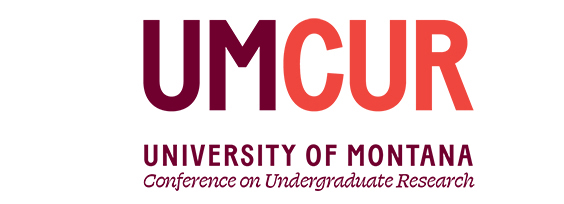Oral Presentations
Project Type
Presentation
Faculty Mentor’s Full Name
Danielle Fahey
Faculty Mentor’s Department
Neuroscience and SLHOS
Abstract / Artist's Statement
Title: Brains & Bilingualism: Overlapping Grammar in Aphasia Research
Category: Neuroscience
Presenter: Anya Craig
When a person who speaks more than one language has a stroke, they may experience loss of language or aphasia. Aphasia in bilinguals often causes grammatical deficits in one or both languages, yet no previous research has investigated whether the deficits across languages vary systematically or remain consistent. This study aims to identify grammatical structures uniquely preserved or impaired in bilinguals with aphasia (BWA) and understand how lesions to different brain regions correlate to grammatical deficits in those with aphasia. A cross-linguistic study was used to investigate the influences of deficits in monolingual people with aphasia (PWA) who speak Spanish or English, the deficits in Spanish-English BWA, and then compare their language differences to non-aphasic bilingual adults. Each participant was given tasks targeting production and comprehension to identify if they made consistent grammatical errors in their spoken language(s). Then, participants were asked to complete a magnetic resonance imaging (MRI) scan of their brain to identify damage caused by stroke. Data collection occurred over the summer of 2023, and we are currently in the process of mapping the grammatical deficits to the participant’s brain lesions. Once this has been completed, we will compare the mapped lesion data across participants to determine if there’s consistency in the lesions to different brain regions and the grammatical deficits that correlate to them. Identifying the brain regions responsible for certain aspects of grammar helps us learn more about language’s location in the brain, providing us with a greater understanding of how brain damage impacts behavior.
Category
Life Sciences
Brains & Bilingualism: Overlapping Grammar in Aphasia Research (OGAR)
UC 327
Title: Brains & Bilingualism: Overlapping Grammar in Aphasia Research
Category: Neuroscience
Presenter: Anya Craig
When a person who speaks more than one language has a stroke, they may experience loss of language or aphasia. Aphasia in bilinguals often causes grammatical deficits in one or both languages, yet no previous research has investigated whether the deficits across languages vary systematically or remain consistent. This study aims to identify grammatical structures uniquely preserved or impaired in bilinguals with aphasia (BWA) and understand how lesions to different brain regions correlate to grammatical deficits in those with aphasia. A cross-linguistic study was used to investigate the influences of deficits in monolingual people with aphasia (PWA) who speak Spanish or English, the deficits in Spanish-English BWA, and then compare their language differences to non-aphasic bilingual adults. Each participant was given tasks targeting production and comprehension to identify if they made consistent grammatical errors in their spoken language(s). Then, participants were asked to complete a magnetic resonance imaging (MRI) scan of their brain to identify damage caused by stroke. Data collection occurred over the summer of 2023, and we are currently in the process of mapping the grammatical deficits to the participant’s brain lesions. Once this has been completed, we will compare the mapped lesion data across participants to determine if there’s consistency in the lesions to different brain regions and the grammatical deficits that correlate to them. Identifying the brain regions responsible for certain aspects of grammar helps us learn more about language’s location in the brain, providing us with a greater understanding of how brain damage impacts behavior.
